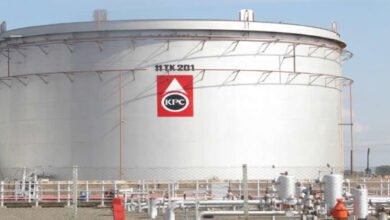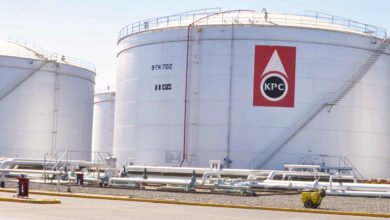
Ghana is in the final stages of restructuring its external debt, following its 2022 default on most of its obligations. The West African nation, known for its gold and cocoa production, has faced significant economic turmoil but is now seeing progress in its recovery efforts.
Speaking ahead of his first monetary policy meeting, newly appointed central bank Governor Johnson Asiama acknowledged that while inflation has been easing, it remains high.
“While inflation is easing, it remains uncomfortably high … and progress has been slow,” Asiama stated. “Our task over the next few days is … to reach a policy stance that reinforces the disinflation path without undermining the recovery or destabilising market expectations.”
The Bank of Ghana’s Monetary Policy Committee is set to announce its next interest rate decision on March 28.
Finance Minister Cassiel Ato Forson, during his recent budget speech, said deep spending cuts would help bring inflation down to 11.9% by the end of the year.
Also Read: Ghana Lowers Interest Rates by Steepest Margin Since 2018
However, Asiama warned of potential economic risks, citing global tariffs, geopolitical tensions, and weakening Chinese demand despite Ghana’s trade surplus and rising foreign reserves, supported by gold exports and remittances.
Ghana’s external debt crisis began in December 2022 when the government defaulted on most of its $30 billion external debt due to soaring debt-servicing costs triggered by the COVID-19 pandemic.
The crisis led to severe economic disruptions, including a freeze in corporate debt markets and skyrocketing government borrowing costs, with 182-day treasury bills reaching rates of around 29% in 2021.
The government has since been working with international creditors to restructure its obligations. In January 2024, an agreement was reached with the Paris Club to restructure $5.4 billion in debt. Additionally, earlier this month, bondholders agreed to a deal that included a 37% haircut on $13 billion of debt.
The coming weeks will be critical in determining whether monetary policies can strike a balance between reducing inflation and sustaining economic recovery.






Puraburn very informative articles or reviews at this time.